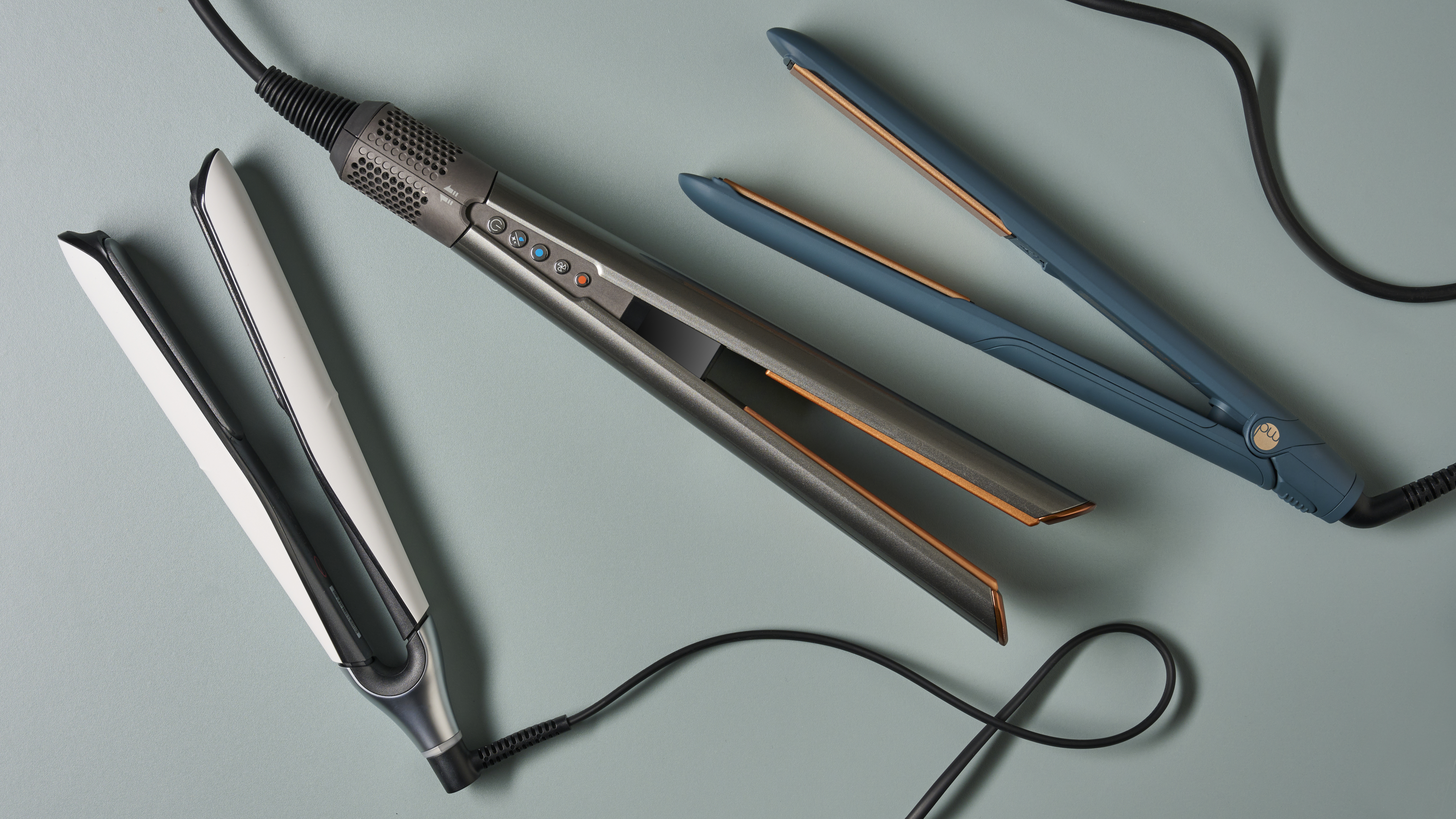Beauty
The latest Beauty breaking news, comment, reviews and features from the experts at T3
Explore Beauty
-
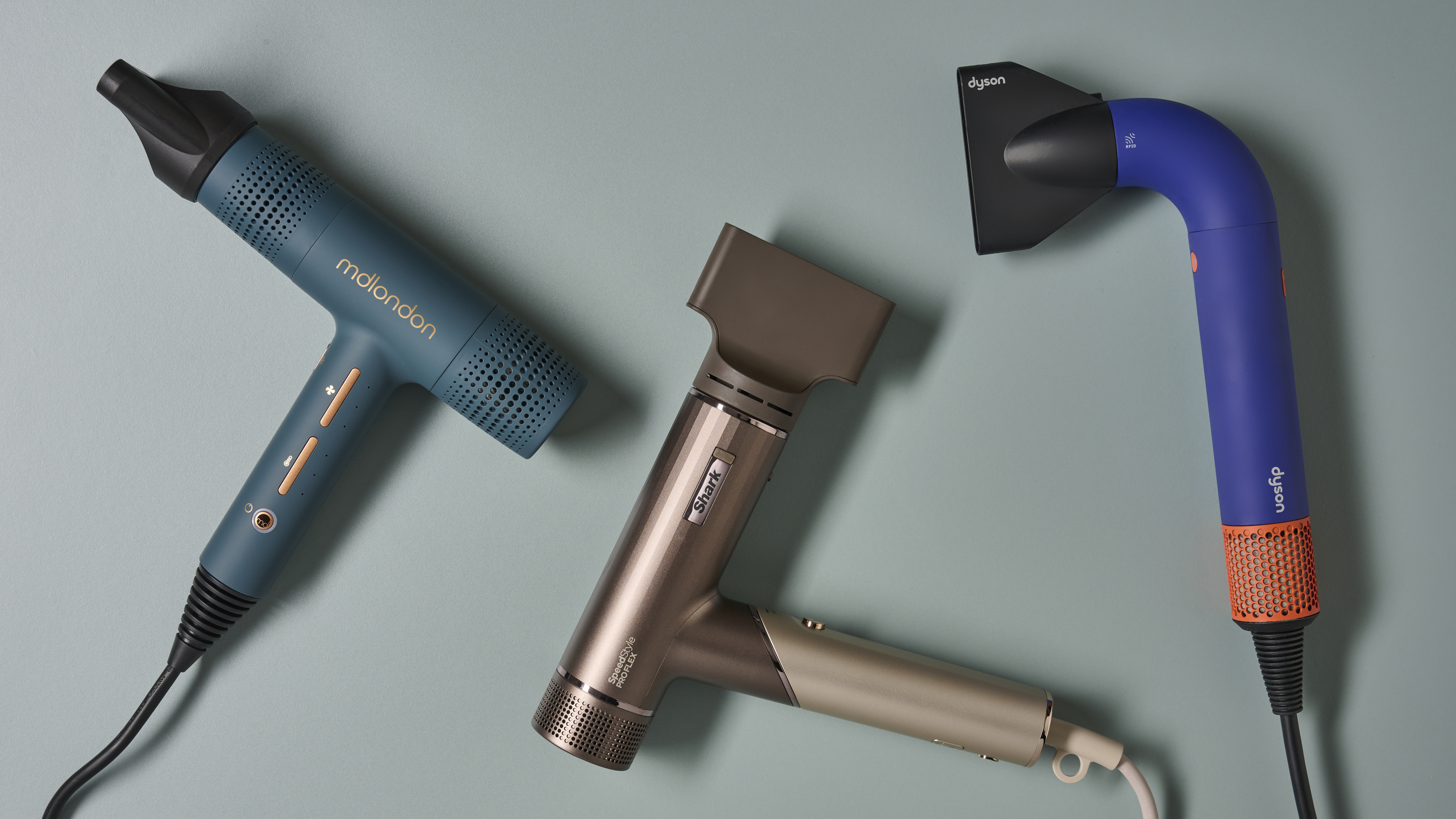
Best hair dryer 2025: quick and frizz-free drying for all hair types
Find our top picks from Dyson, Shark, ghd and more
By Lizzie Wilmot Last updated
-
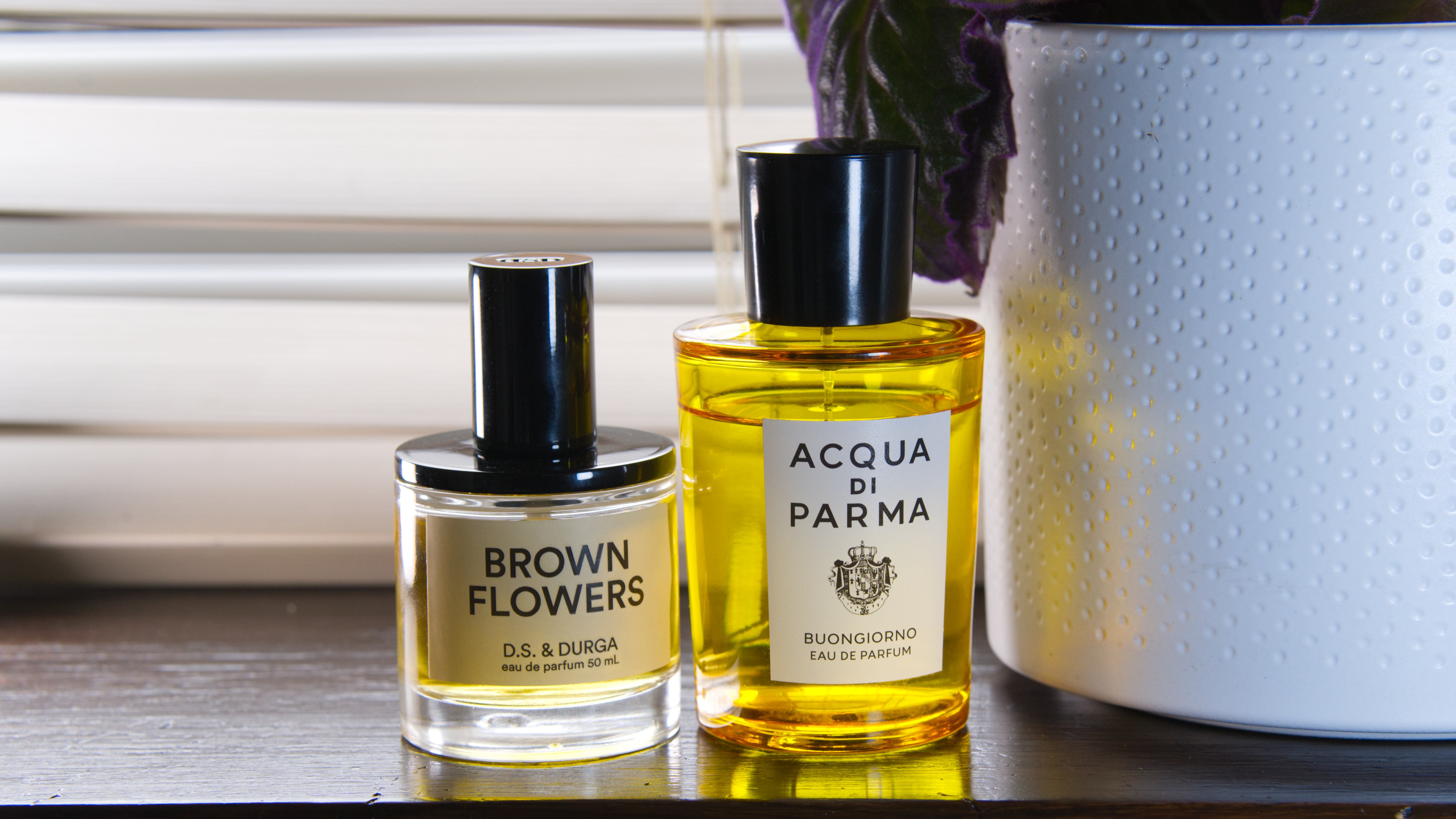
These two spring fragrances are all I need for the new season
They're my new go-to bottles
By Sam Cross Published
-
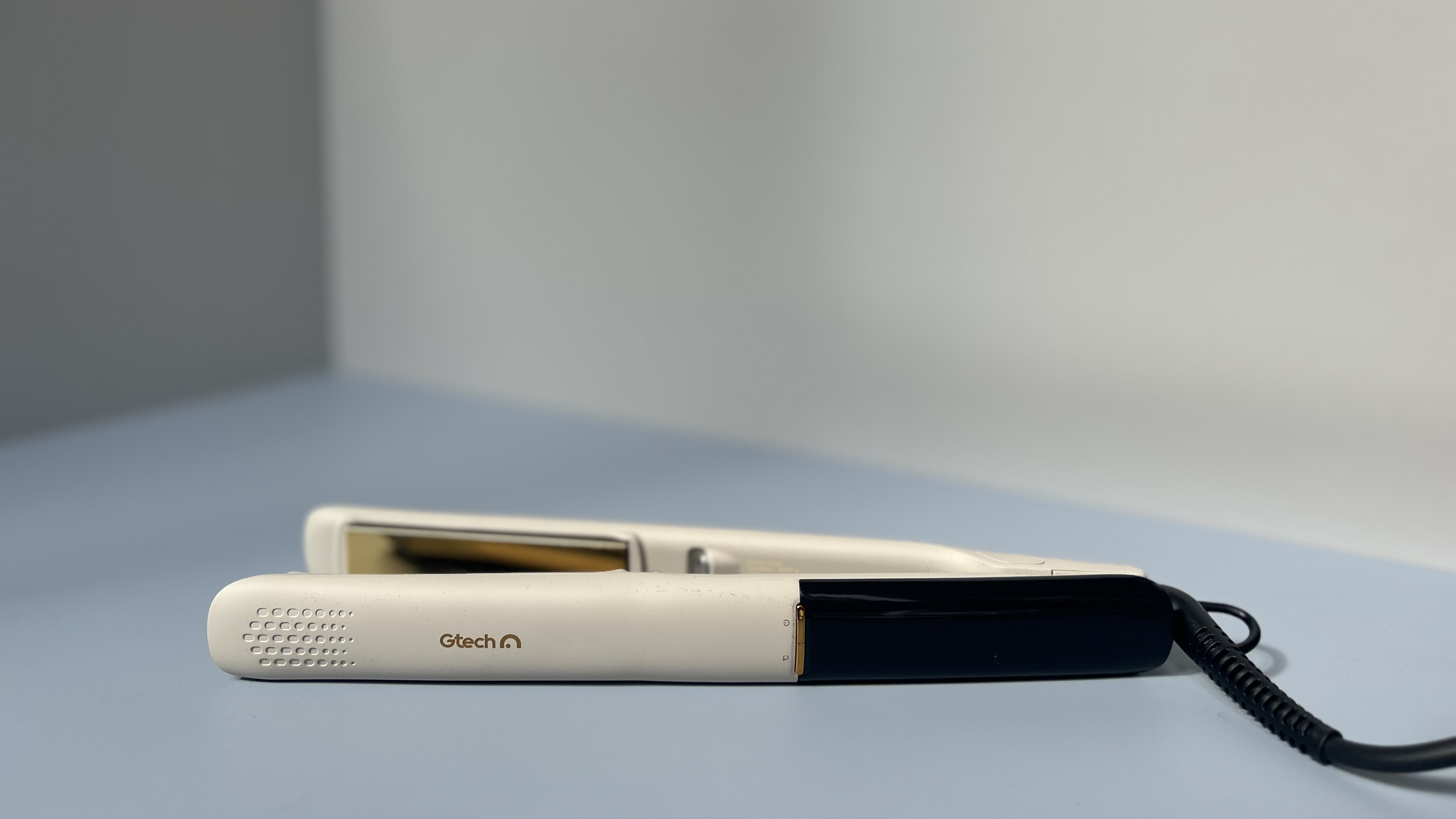
Gtech’s haircare debut starts strong with these new straighteners – I'm impressed
I've been excited to try these for a while
By Lizzie Wilmot Published
-

Best men’s fragrances and colognes 2025: find your signature scent or a meaningful gift
T3's top picks of the best men's fragrances, including classics from Hugo Boss, Tom Ford, Chanel and more
By Bethan Girdler-Maslen Last updated
-
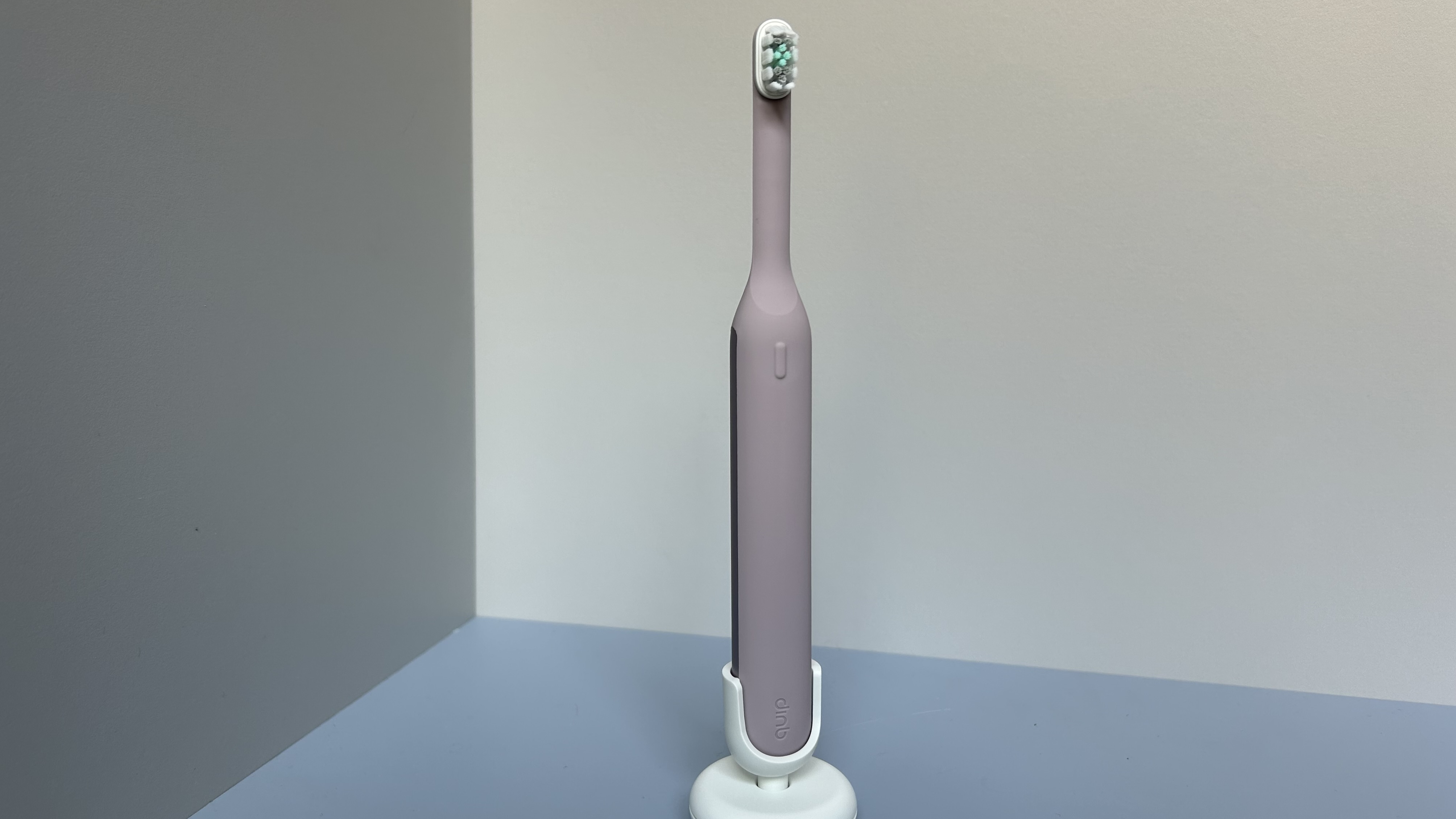
Quip's latest toothbrush blends smart features with a sleek design – it might be my new favourite
Consider the bar officially raised
By Lizzie Wilmot Published
-
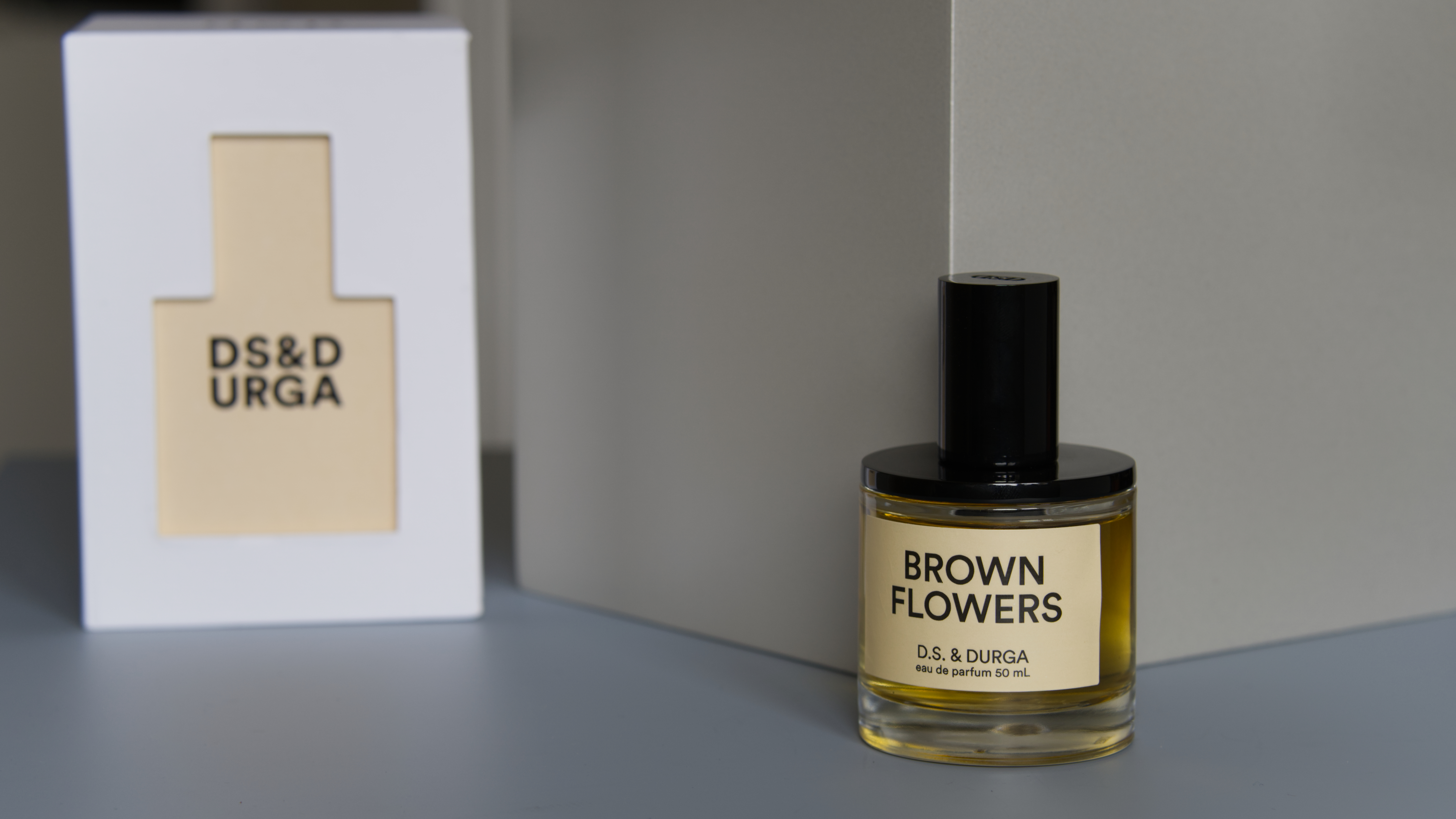
I've tested DS & Durga Brown Flowers – it's killer spring scent for everyone
Just about the floweriest fragrance a fella could wear
By Sam Cross Published
-
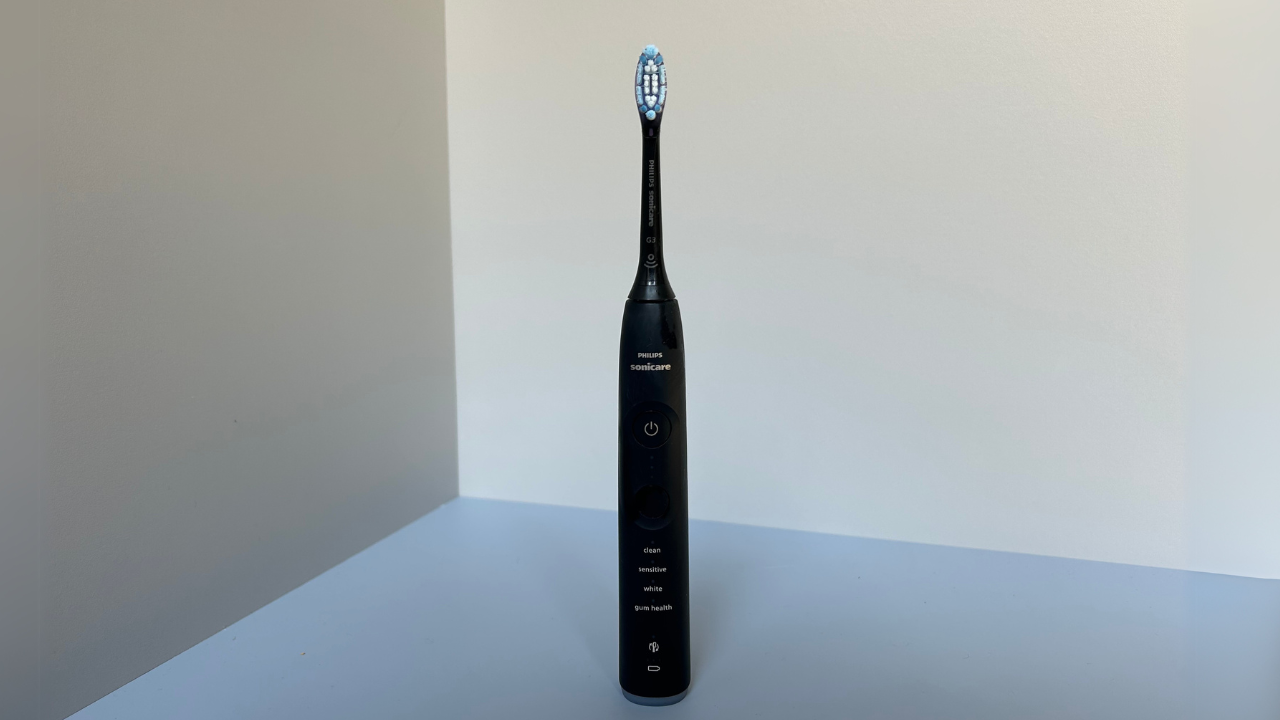
Philips Sonicare 7100 electric toothbrush review: next-level oral care or a pricey splurge?
It joins the Philips Sonicare lineup
By Lizzie Wilmot Last updated
-
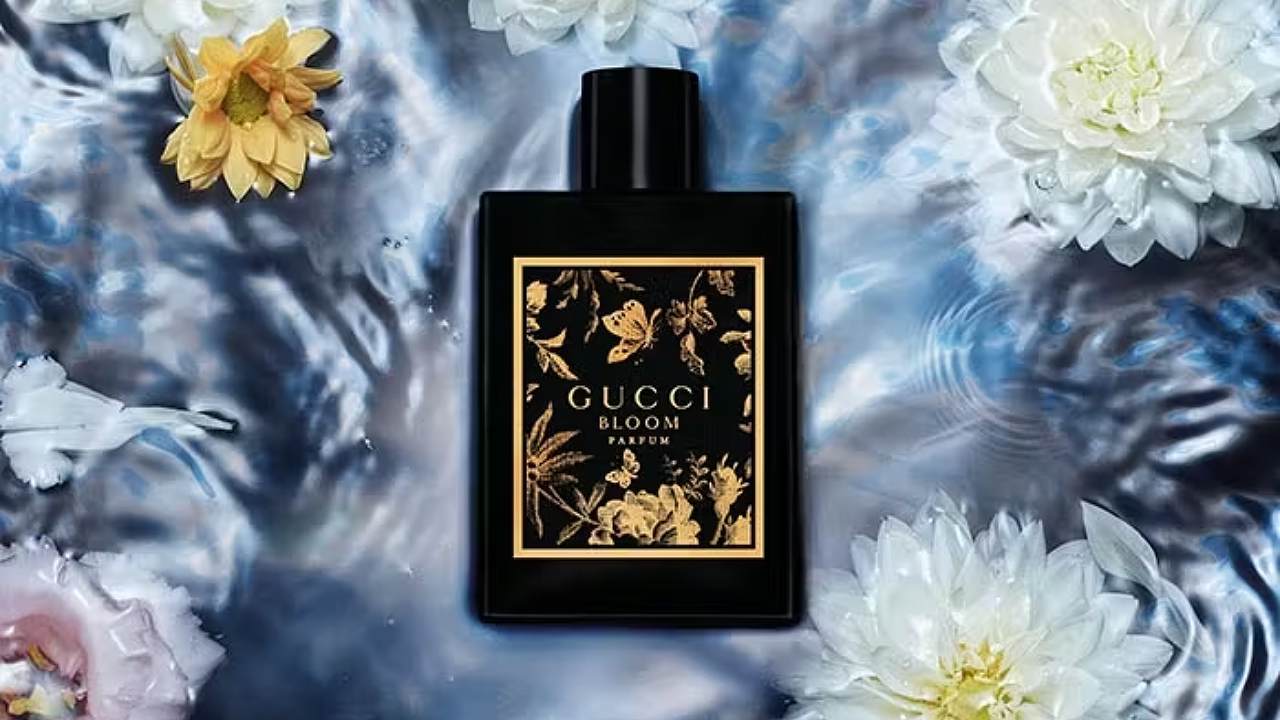
12 Easter-inspired fragrances for men and women 2025, from Tom Ford, YSL, Mugler and more
From chocolate to apricots, here are T3’s top picks for Easter-inspired scents
By Bethan Girdler-Maslen Published
-

Best beard trimmer 2025: shavers for stubble, short and long beards
Find the best beard trimmers, clippers and shapers to maintain a well-tended beard or on-trend perma-stubble
By Bethan Girdler-Maslen Last updated
-
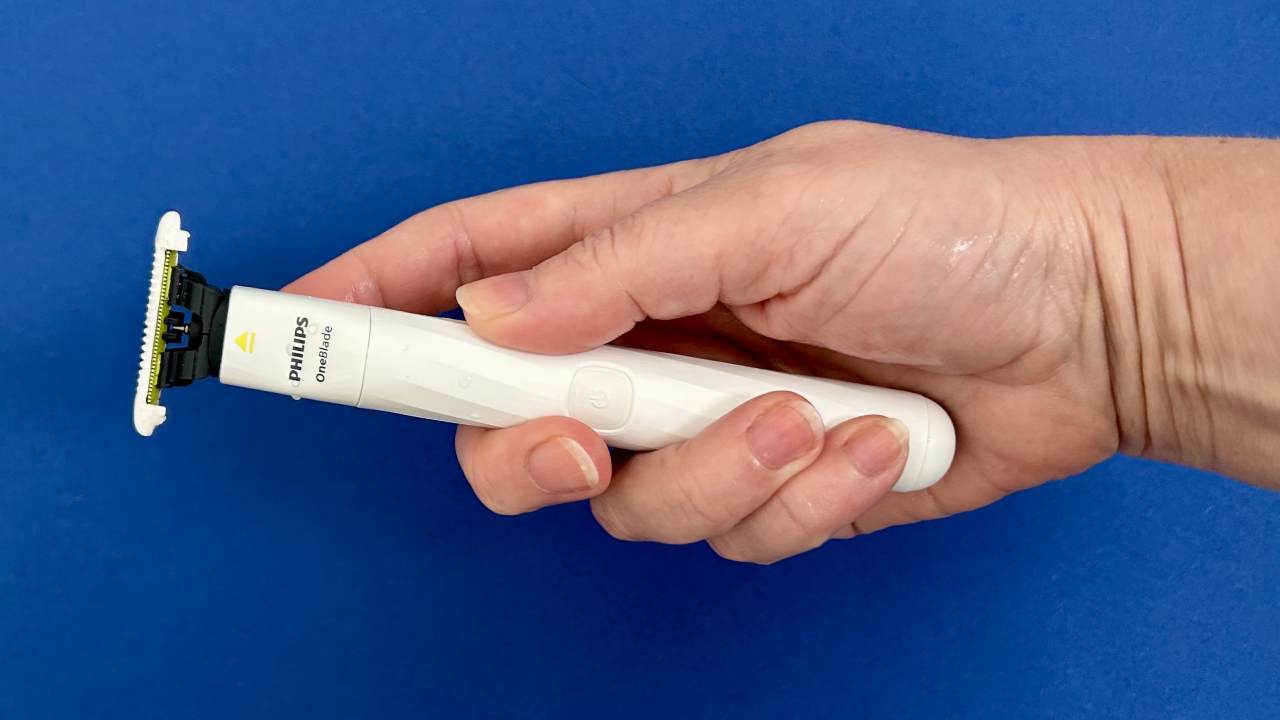
Philips OneBlade Intimate review: shave or trim sensitive areas without the irritation
I’m ditching disposable razors for good after trying this skin-friendly device
By Joanna Ebsworth Published
-
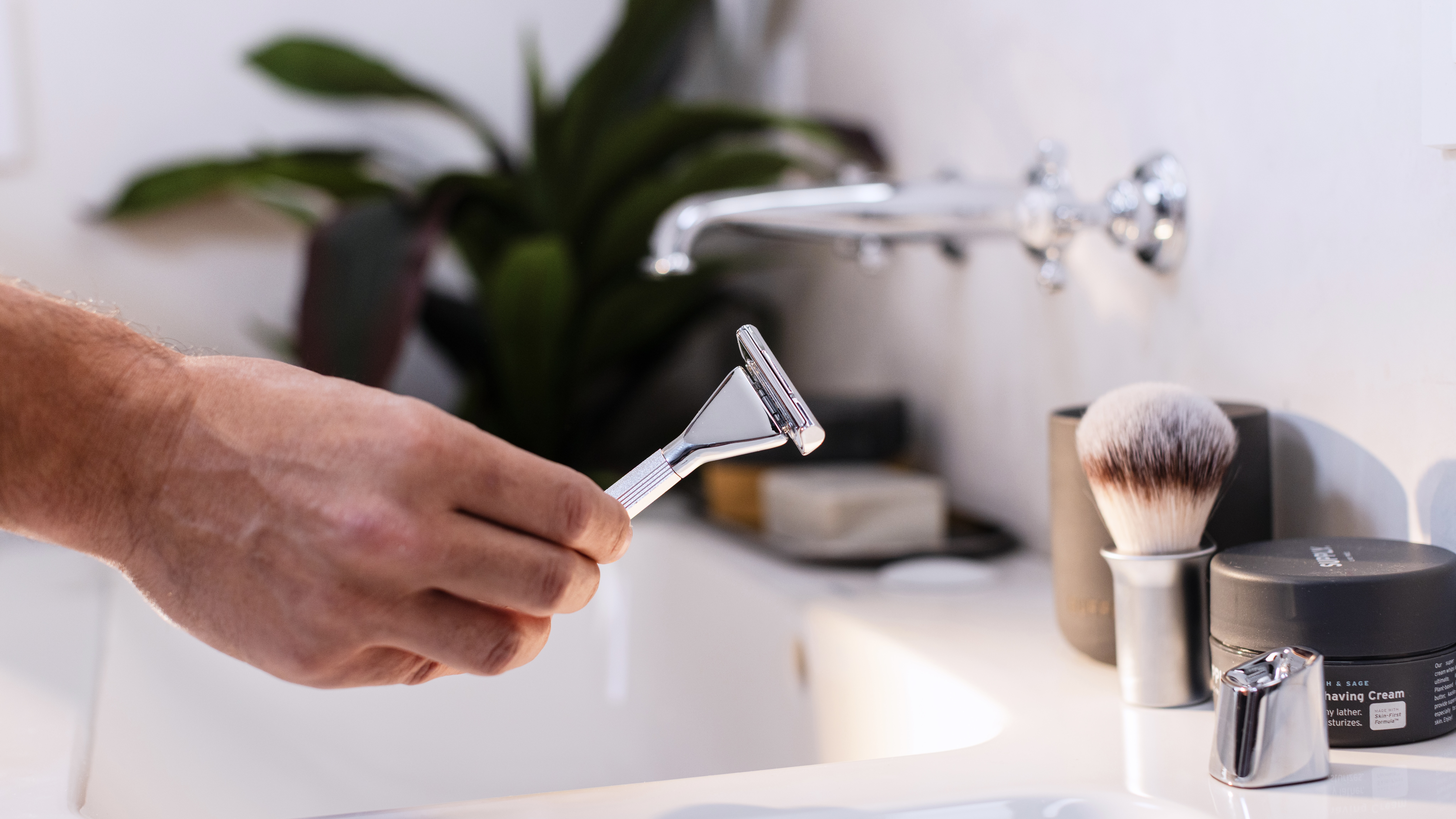
The future of clean shaving is here, and Supply’s new safety razor is setting the standard
It offers an incredibly close shave with fewer nicks and bumps
By Lizzie Wilmot Published
-
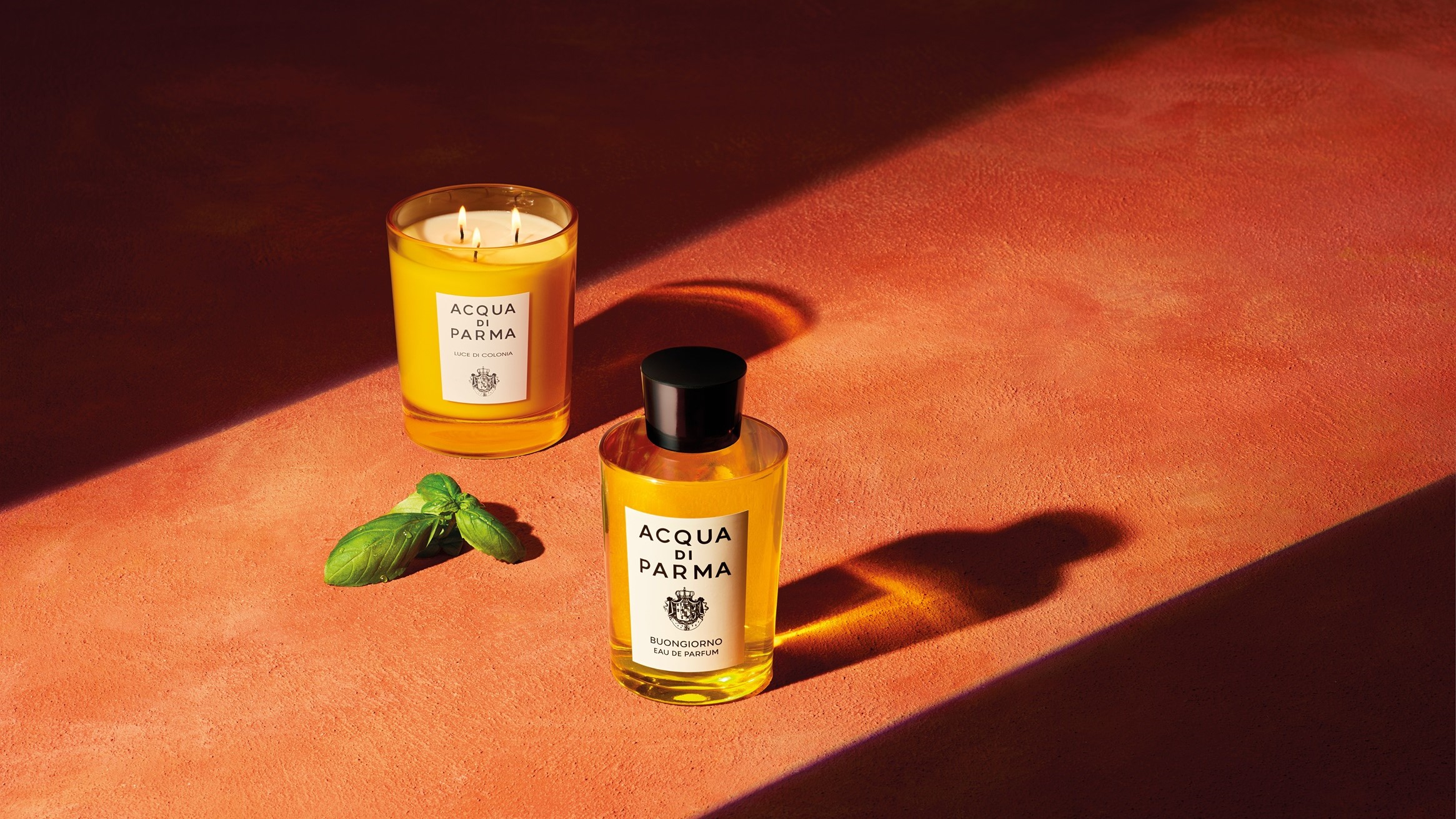
I've used Acqua di Parma Buongiorno – it's a killer compliment to your existing fragrance collection
This is a masterpiece in liquid form
By Sam Cross Published
-
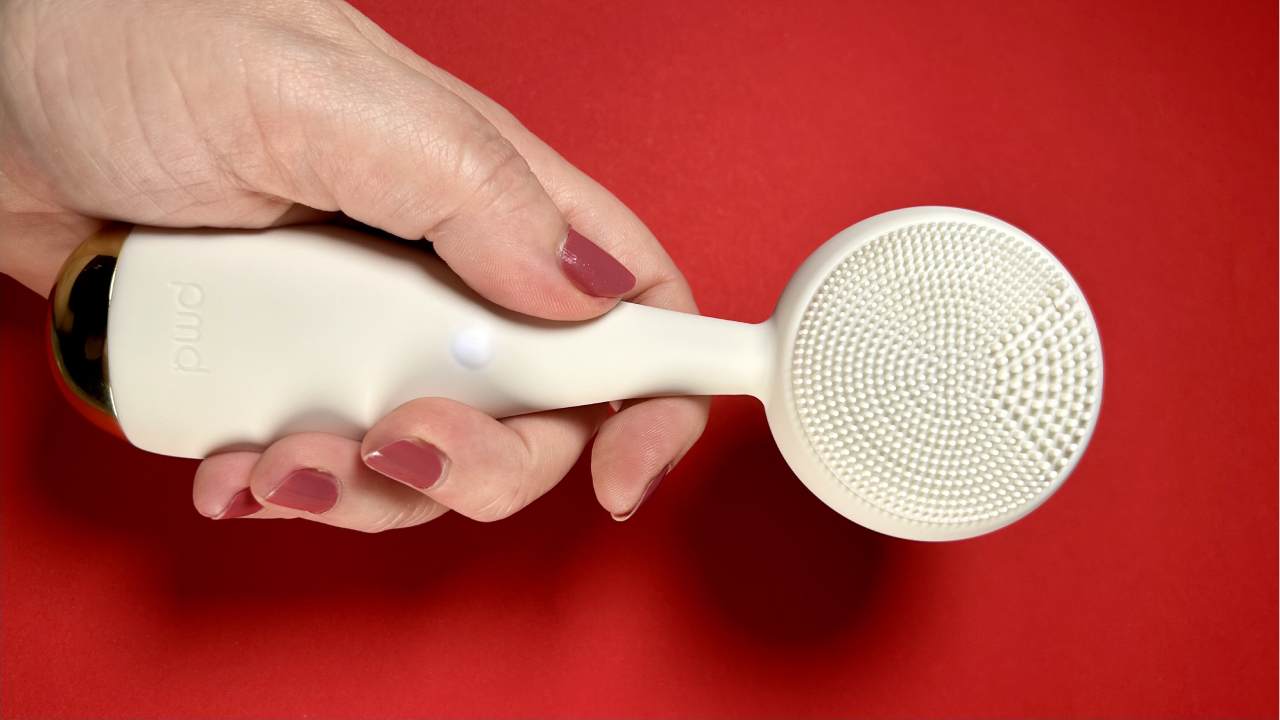
PMD Clean Redvolution review: get clearer, younger-looking skin with this 2-in-1 cleansing brush
Deep cleansing and red light LED therapy? It’s a yes from us
By Joanna Ebsworth Published
-

Best LED face mask 2025: luxury beauty tech for brighter, healthier skin
Tackle all your skincare concerns
By Lizzie Wilmot Last updated
-

Buff LED Face Mask review: men deserve great skin too
It's specifically designed for the male complexion
By Lizzie Wilmot Last updated
-

Braun’s best beard trimmer is the cheapest it’s ever been in Amazon’s spring sale
Upgrade your grooming routine with 33% off this Braun beard trimmer
By Bethan Girdler-Maslen Published
-
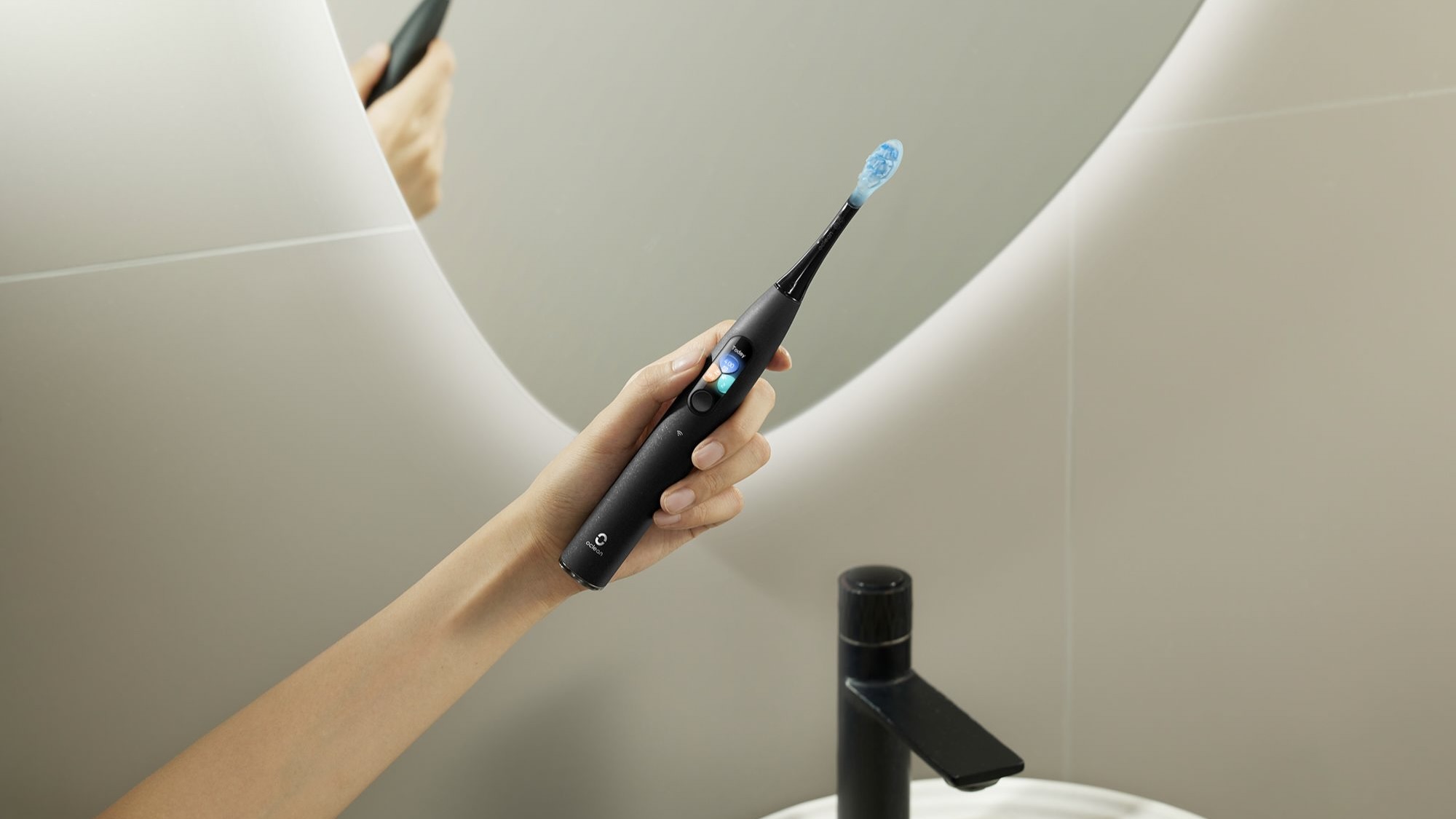
You should be following this brushing routine for healthier teeth, according to a dentist
Experts from Oclean have revealed all
By Lizzie Wilmot Published
-

Therabody’s new skincare device depuffs skin while you’re on the go
Therabody launches its most portable skincare device yet and it’s great for depuffing skin
By Bethan Girdler-Maslen Published
-
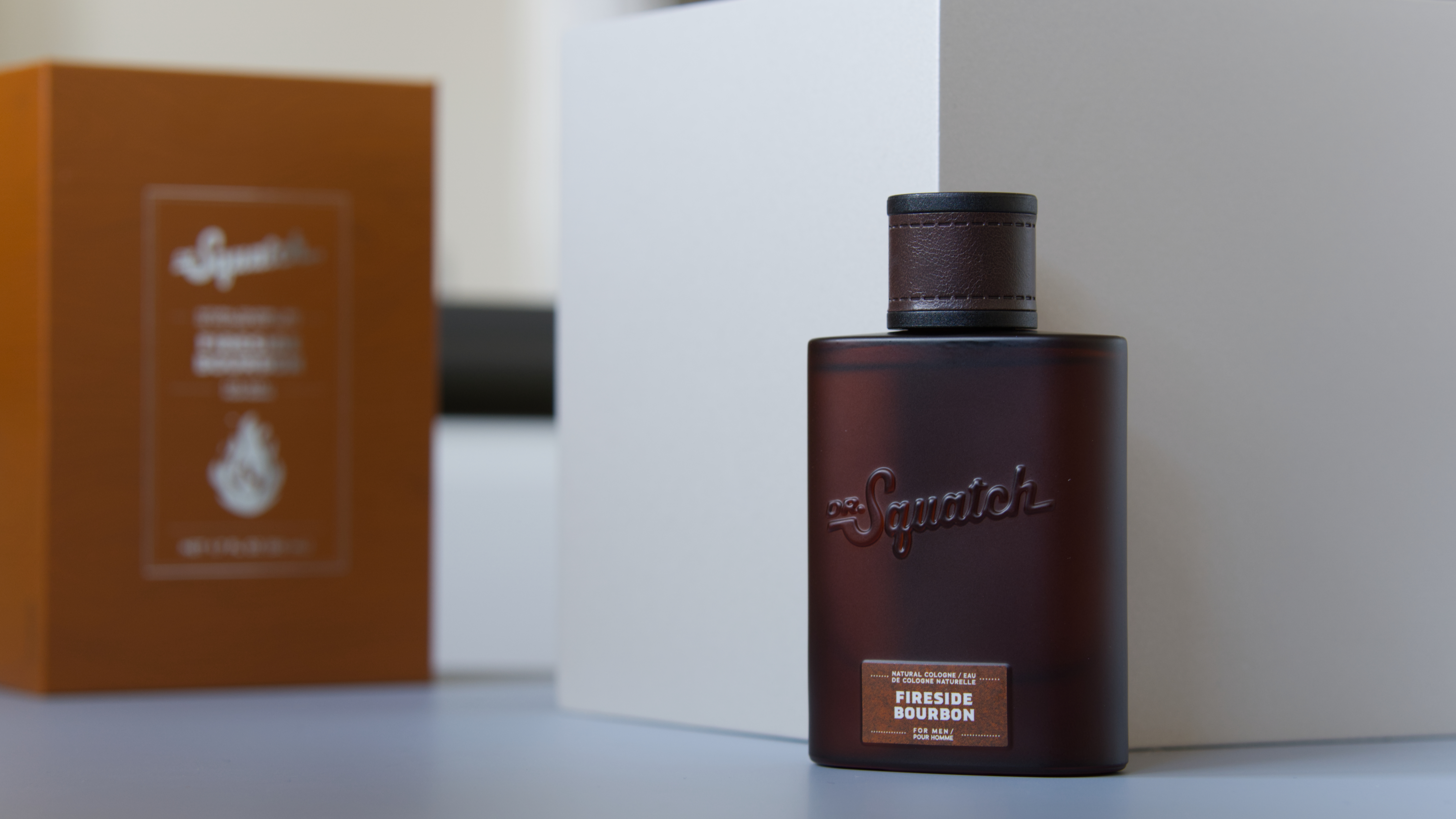
I tested Dr Squatch Fireside Bourbon – a classic, woody cologne
Dr Squatch knocks it out of the park once more
By Sam Cross Published
-

Rituals unveils dreamy new collection in first-ever AI collaboration
It's a first from the luxury cosmetics brand
By Lizzie Wilmot Published
-

Oral-B's brand new electric toothbrush just dropped – and it's already on sale
....with a 55% discount!
By Lizzie Wilmot Published
-
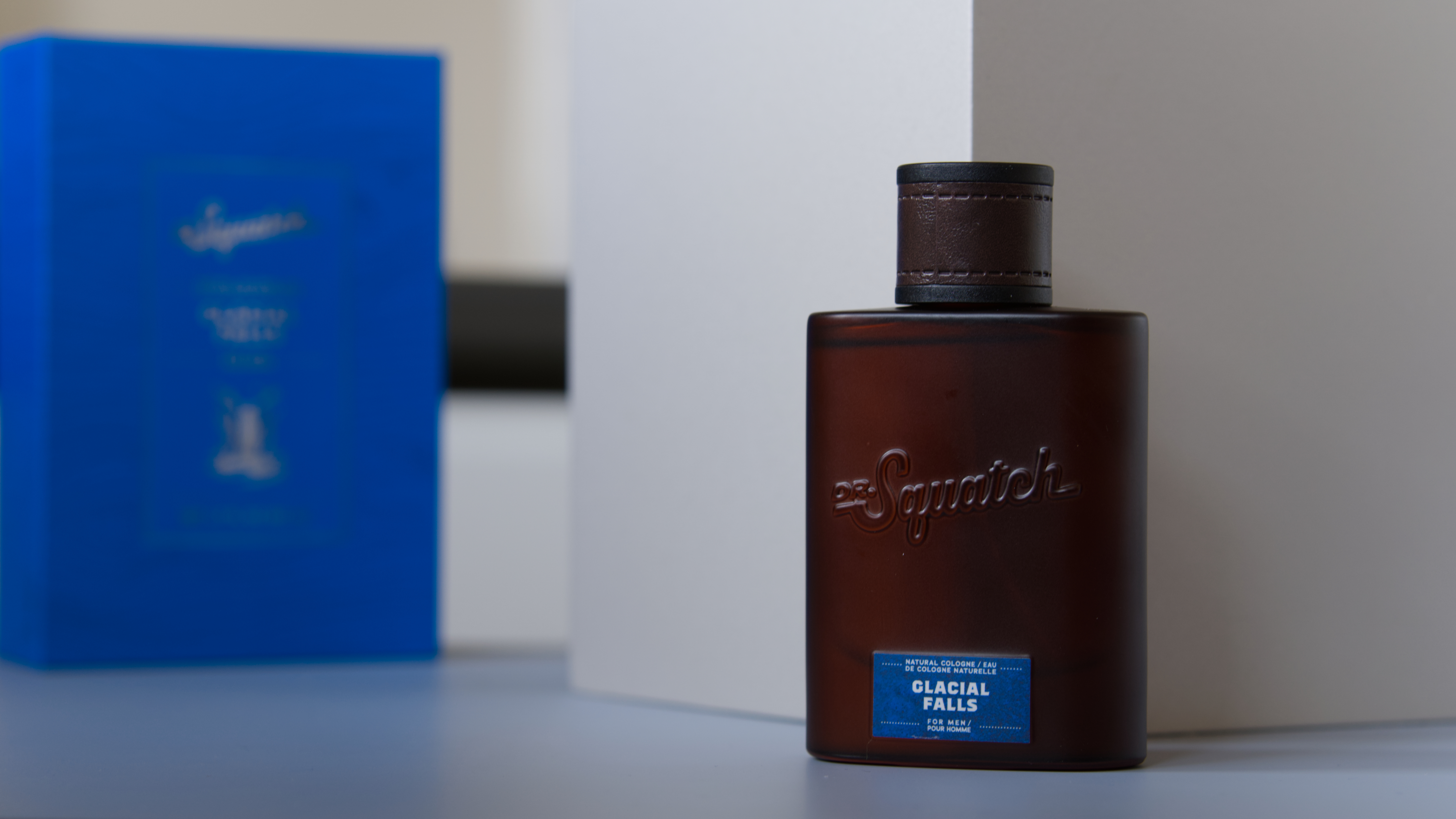
I tested Dr Squatch Glacial Falls – a fresh cologne with a familiar character
The viral brand is back with a familiar scent
By Sam Cross Published
-
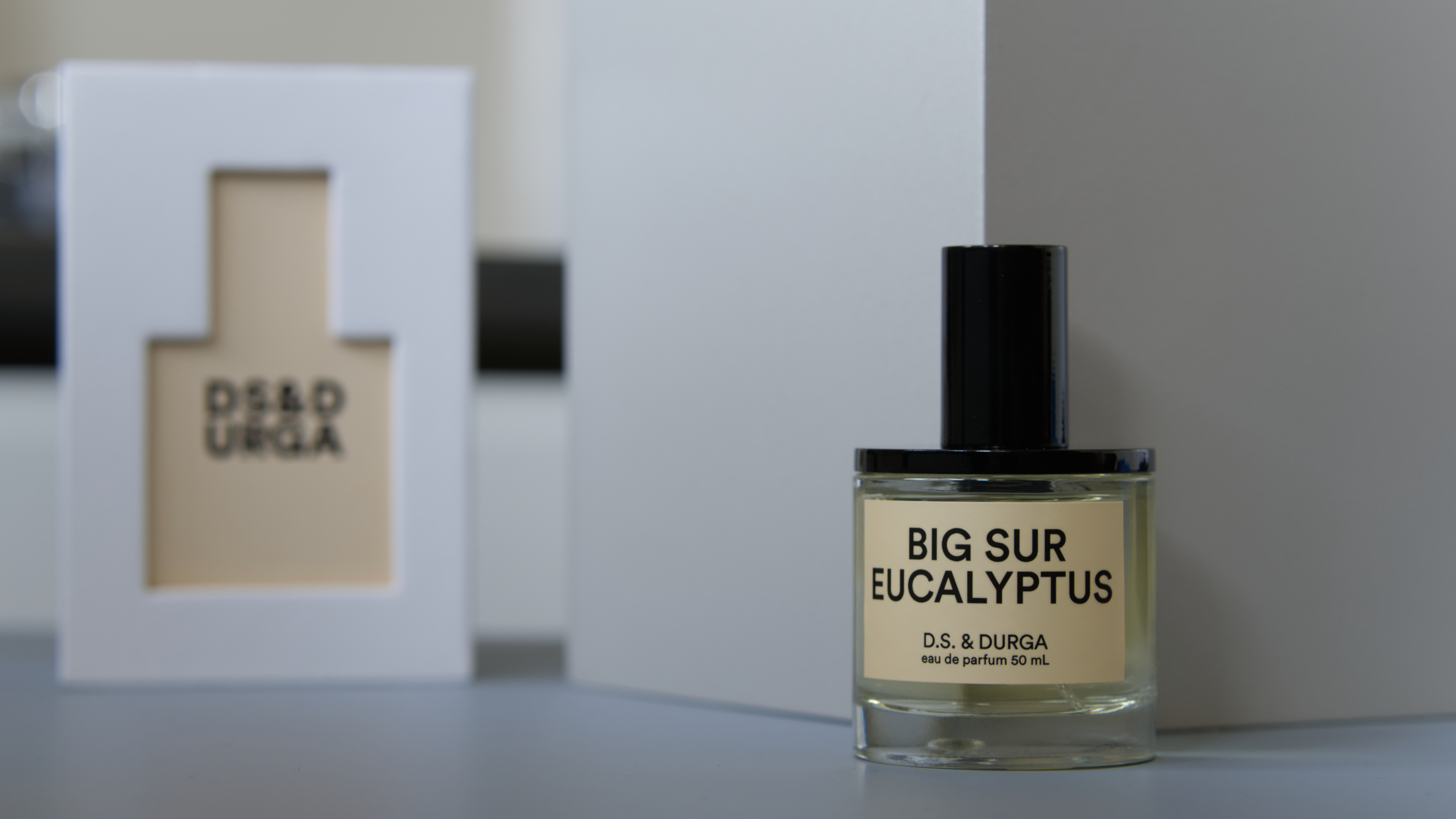
I tried DS & Durga's Big Sur Eucalyptus – a new take on fresh men's fragrance with unquestionable cool
Come for the killer scent. Stay for the lovable brand.
By Sam Cross Published
-
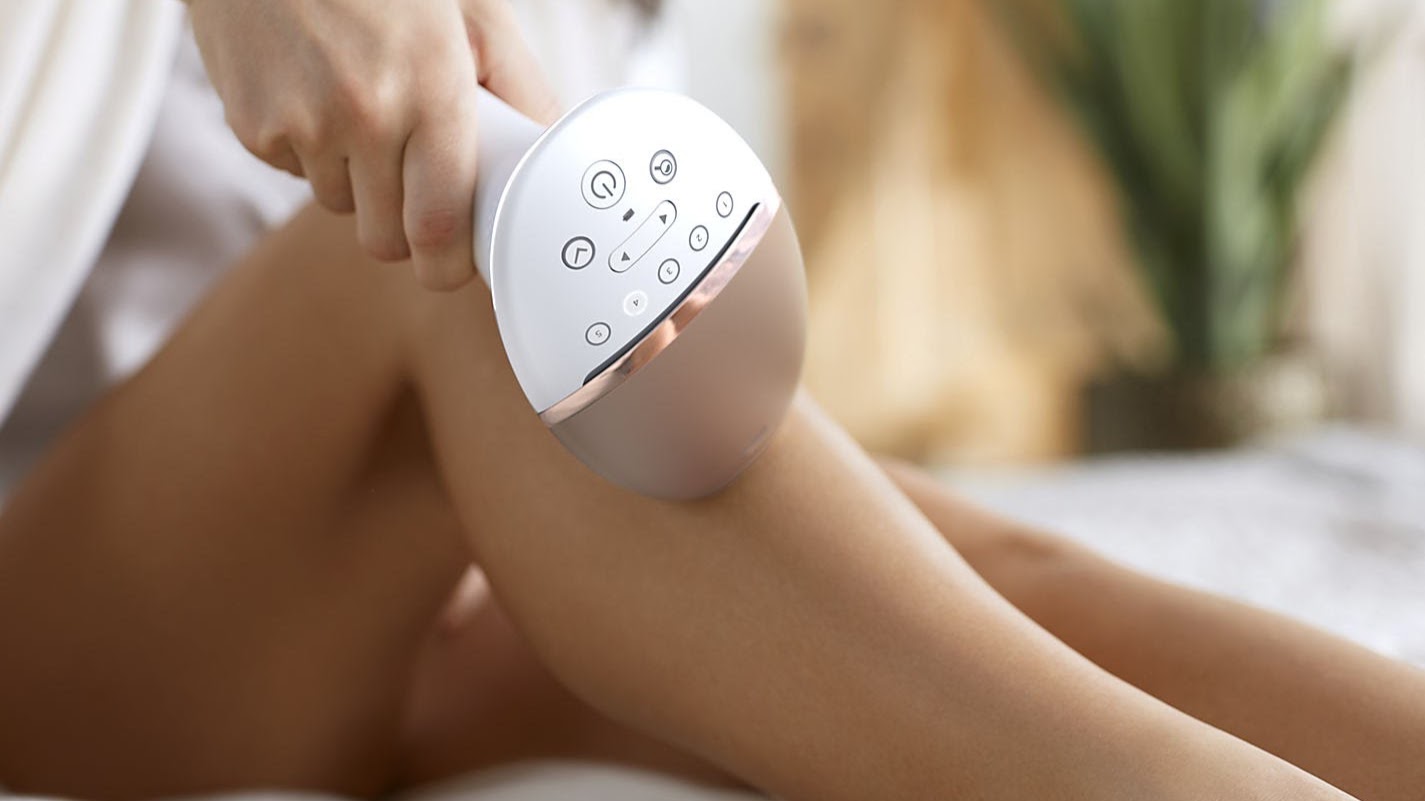
Best IPL hair removal machine 2025: banish unwanted hair with devices for men and women
Find the best IPL hair removal machines to banish hair with the power of light, meaning you never have to shave again!
By Bethan Girdler-Maslen Last updated
-
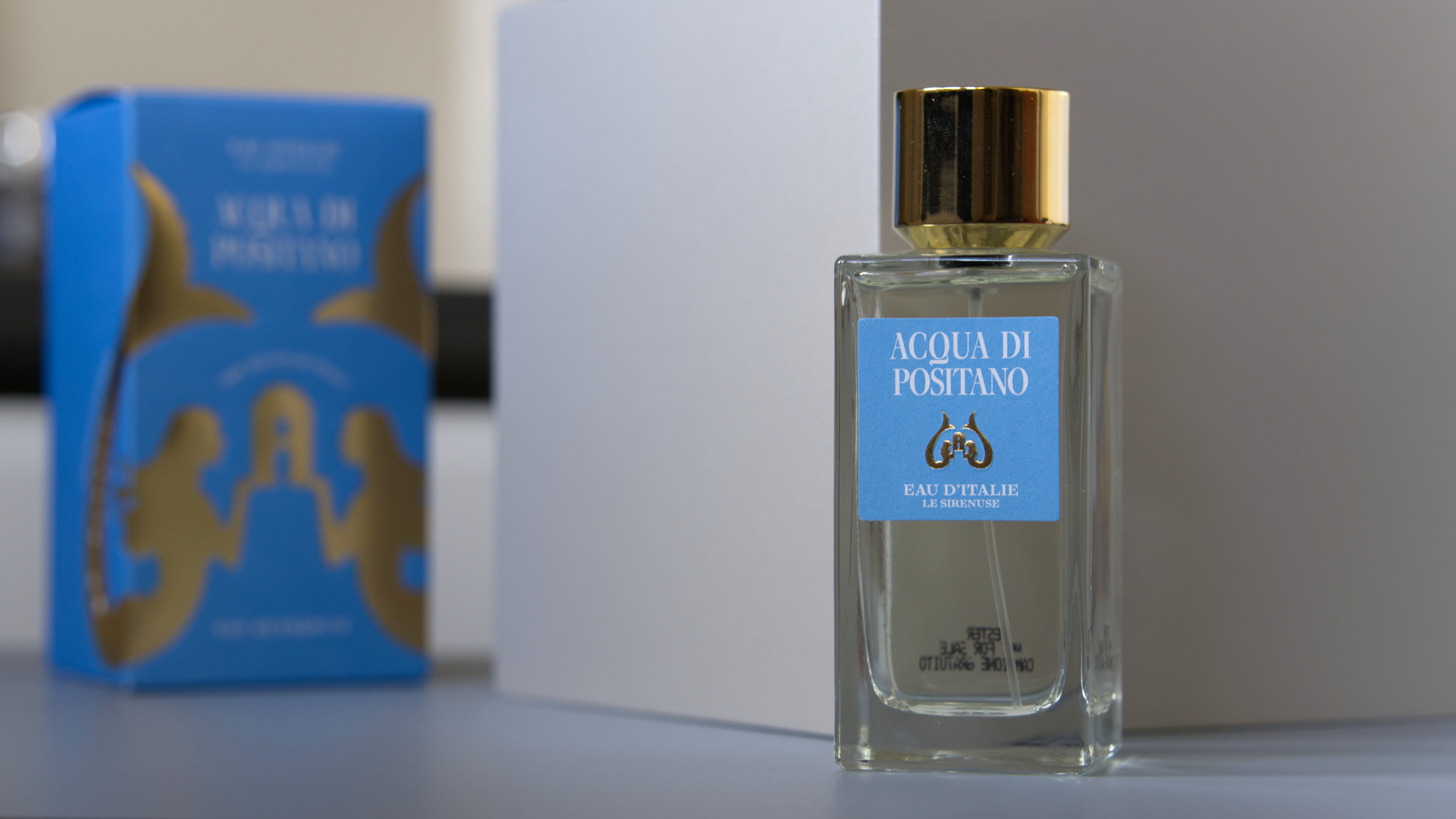
I tested Eau d'Italie Acqua di Positano – a fresh scent with a peculiar drydown
If you enjoy fresh scents, this is worth a try
By Sam Cross Published
-
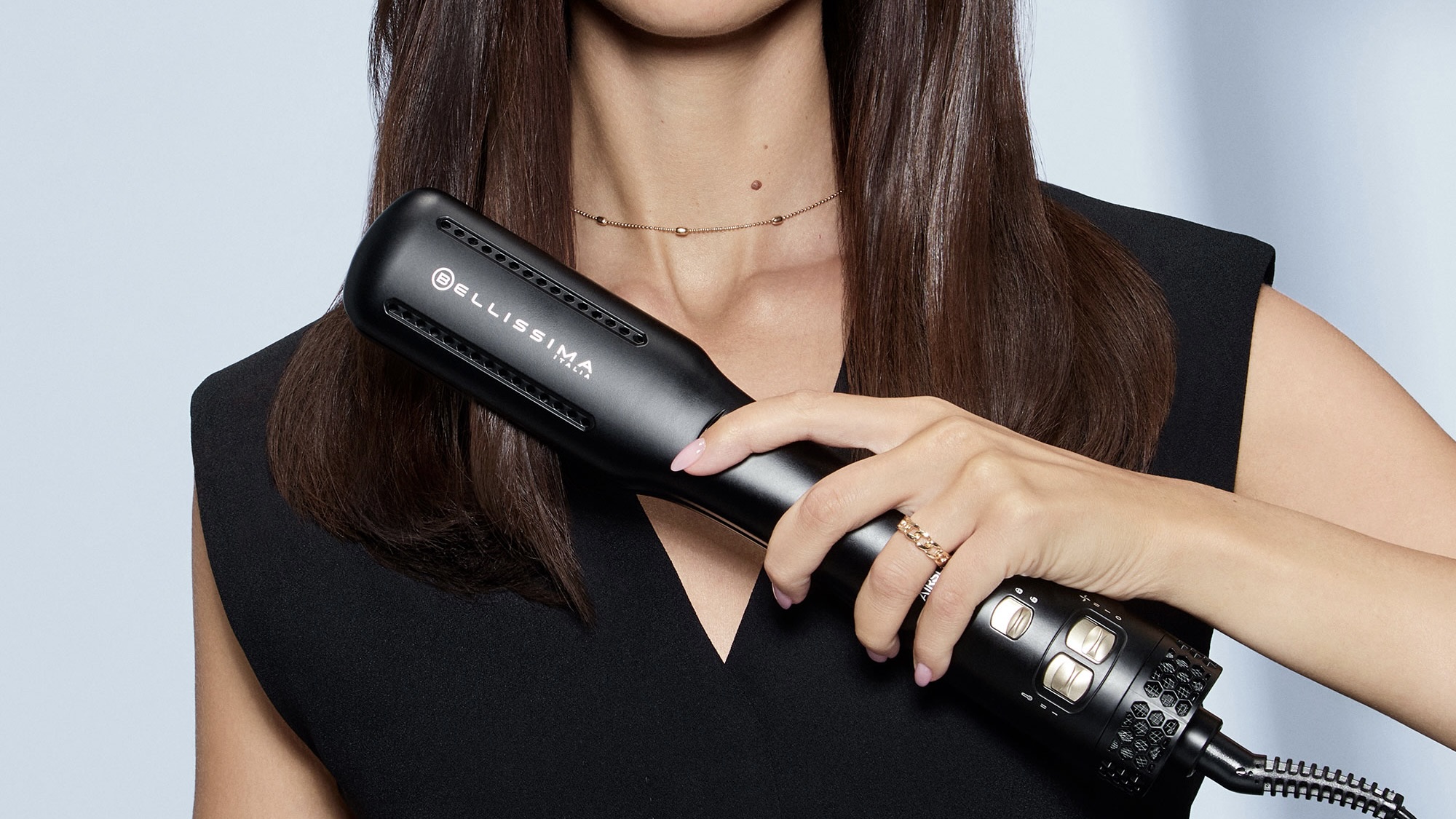
Bellissima's new wet-to-dry hair straightener is the first of its kind to be priced under £300
The Airsleek dries and straightens hair in a single step
By Lizzie Wilmot Published
-
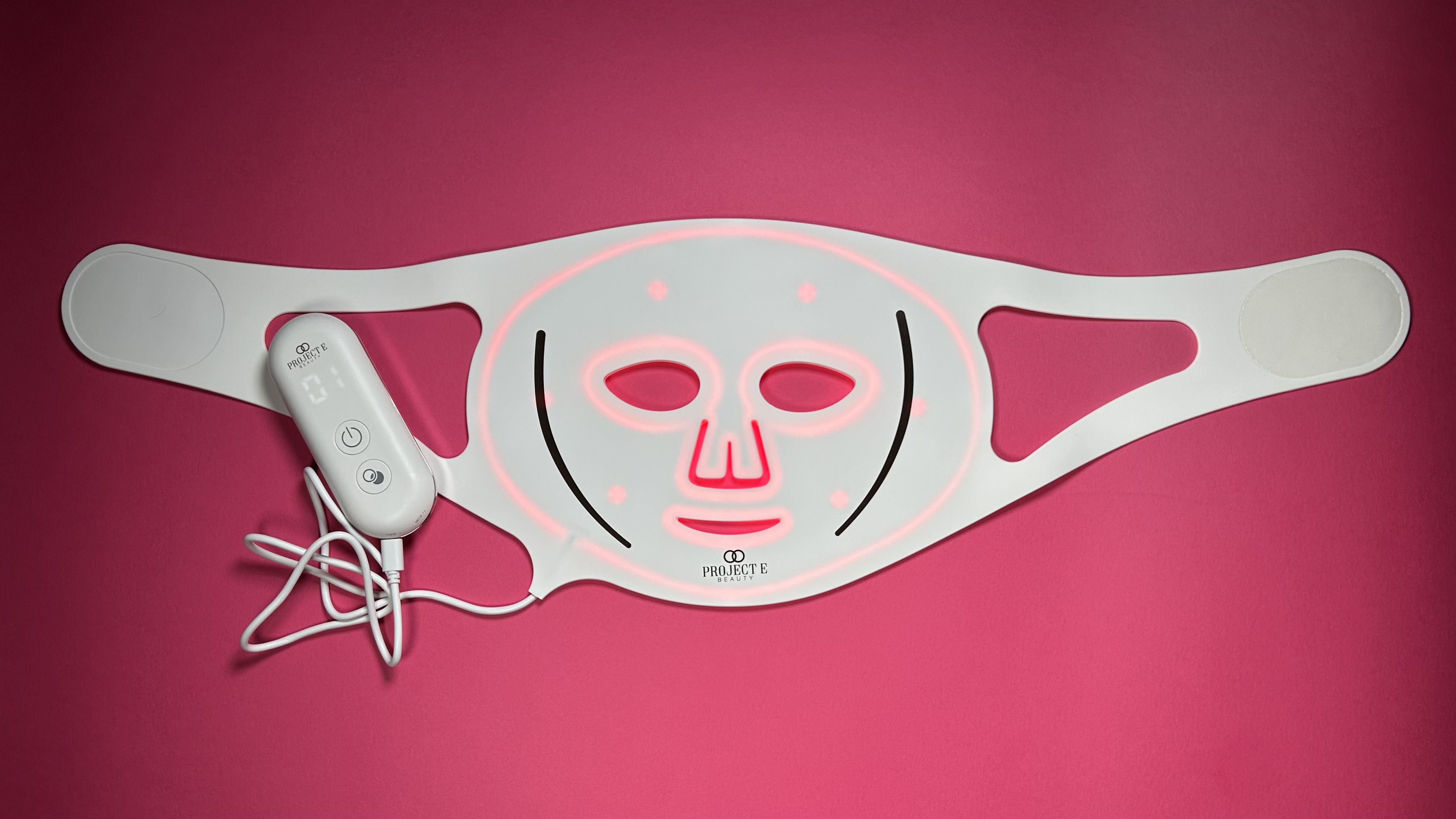
LumaLux Face Pro LED Light Therapy Mask review: the future of LED face masks has arrived
This dazzling mask of many colours tackles multiple skincare concerns in just three minutes
By Joanna Ebsworth Published
-

Wahl Aqua Blade Beard & Stubble Trimmer review: a solid beard trimmer that excels at close cutting
Wahl has over 100 years of experience making beard trimmers and hair clippers – the Aqua Blade comes from good stock
By Max Slater-Robins Published
-
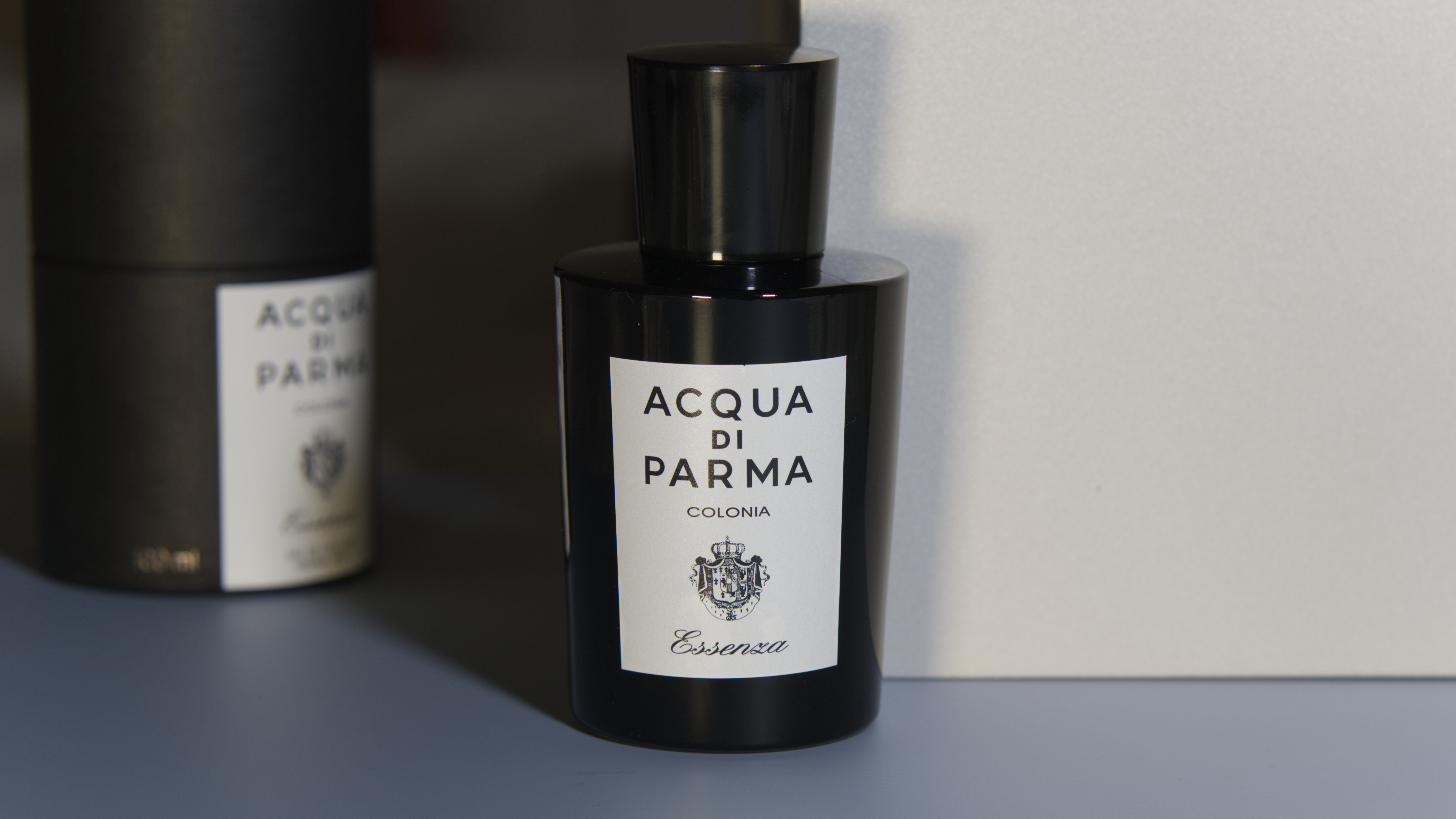
I tested Acqua di Parma Colonia Essenza – a gentle twist on a classic, clean fragrance
If you like the original Colonia, this could be a neat way to spice up your scent
By Sam Cross Published
